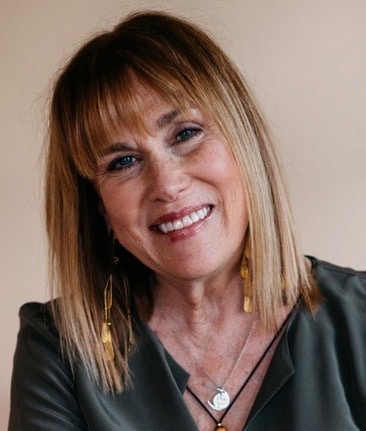Perfectly Hidden Depression with Dr. Margaret Rutherford
In this episode, we talk to Dr. Margaret Rutherford about perfectly hidden depression, destructive perfectionism and self acceptance.

In this episode, we talk to Dr. Margaret Rutherford about perfectly hidden depression, destructive perfectionism and self acceptance.

Memorable Moments:
Dear Mind, You Matter is brought to you by NOBU, a new mental health and wellness app. To download NOBU, visit the app store or Google Play.
This podcast is hosted by Allison Walsh and Dr. Angela Phillips. It is produced by Allison Walsh, Ashley Tate, and Nicole LaNeve. For more information or if you’re interested in being a guest on this podcast, please visit www.therecoveryvillage.com/dearmindyoumatter.

Dr. Margaret Rutherford, a clinical psychologist, has practiced for twenty-eight years in Fayetteville, Arkansas. After winning an Arkansas Psychological Association award in 2009 for her community volunteering, she began blogging in 2012, and podcasting in 2016, extending the walls of her practice so that the general public could hear more about what therapy has to offer. Her writing can be found at DrMargaretRutherford.com, as well as Psychology Today, Psych Central, Psyche, the Gottman Blog and others. She hosts a highly popular podcast, The SelfWork Podcast, which is consistently ranked in the top 50 of US mental health podcasts, and a monthly FBLive presentation for The Mighty. Her new book Perfectly Hidden Depression (New Harbinger, 2019) focuses a much-needed light on the dangerous link between destructive perfectionism and depression.
Website: drmargaretrutherford.com
Facebook: https://www.facebook.com/groups/selfwork